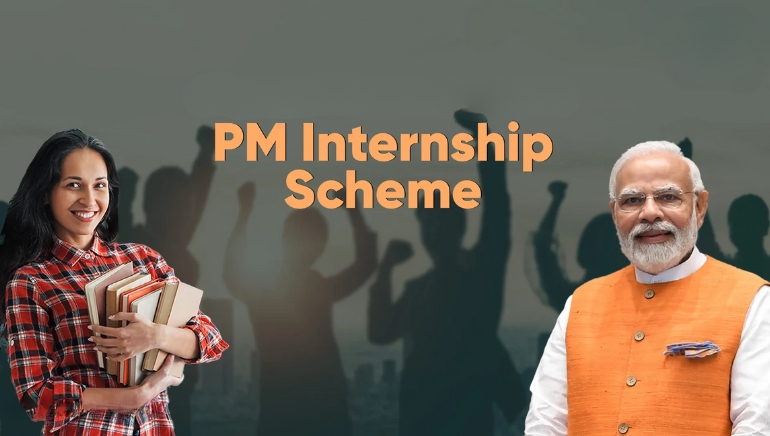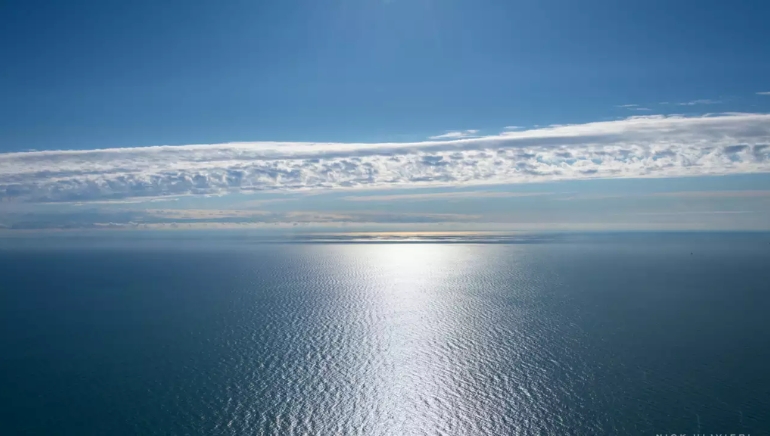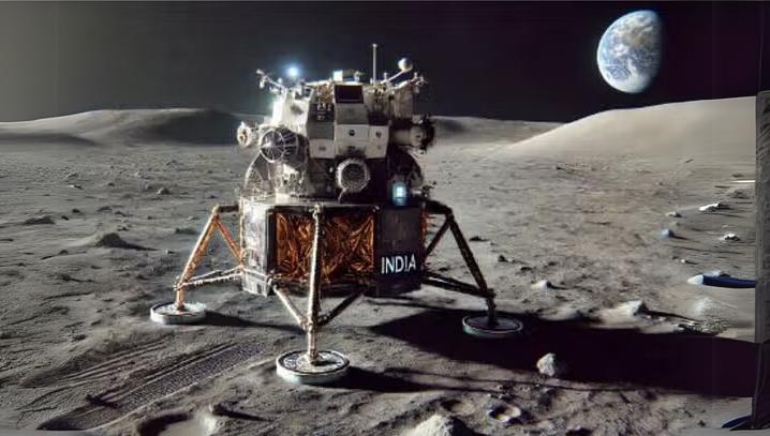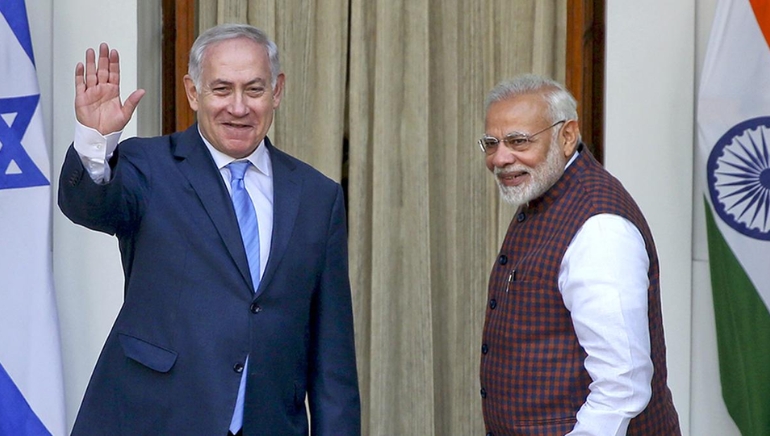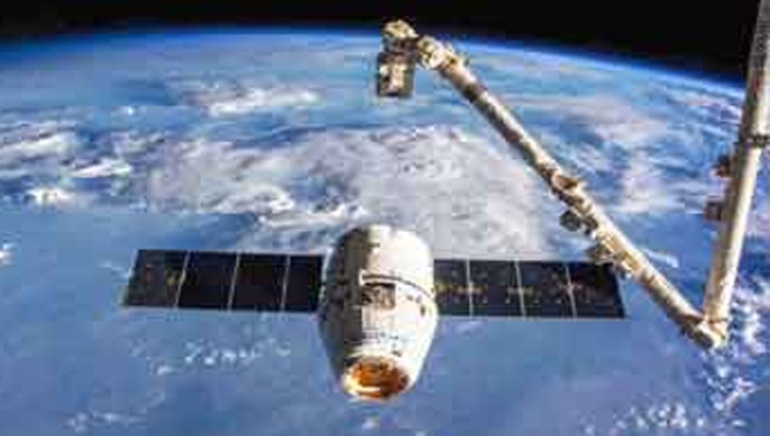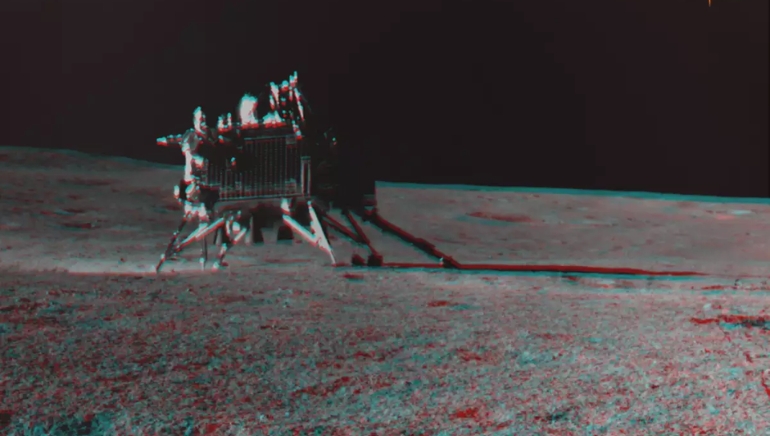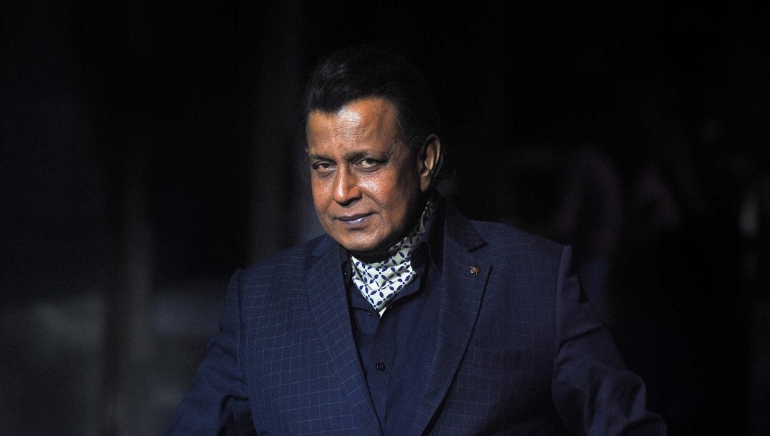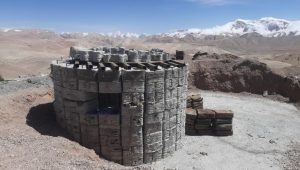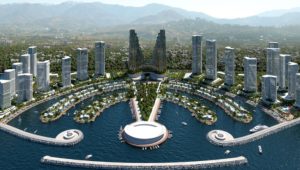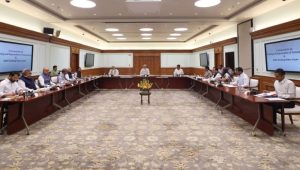The Central Government has launched the pilot phase of the Prime Minister’s Internship Scheme, with a goal of 1.25 lakh internships in fiscal year 2024-25. Over the next five years, this program aims to provide internships to one crore young people to combat unemployment and boost job opportunities.
The plan is aimed at people aged 21 to 24 who are not working full-time. Graduates of IITs and IIMs, as well as those with CA or CMA qualifications, are ineligible; however, graduates of the Industrial Training Institute (ITI) and Kaushal Kendra are encouraged to apply. Interns would be paid a stipend of Rs. 4,500 from the government, with an additional Rs. 500 from participating enterprises.
Furthermore, a one-time aid of Rs. 6,000 will cover incidental costs, and the government will give insurance coverage through the PM Jeevan Jyoti Bima Yojana and PM Suraksha Bima Yojana.
The trial phase has already secured over 1,000 internships from firms including Mahindra & Mahindra and Max Life, and registration is open from October 12 to 25. By November 7, the selected candidates will receive a call, and the internship will start on December 2 of that same year.





